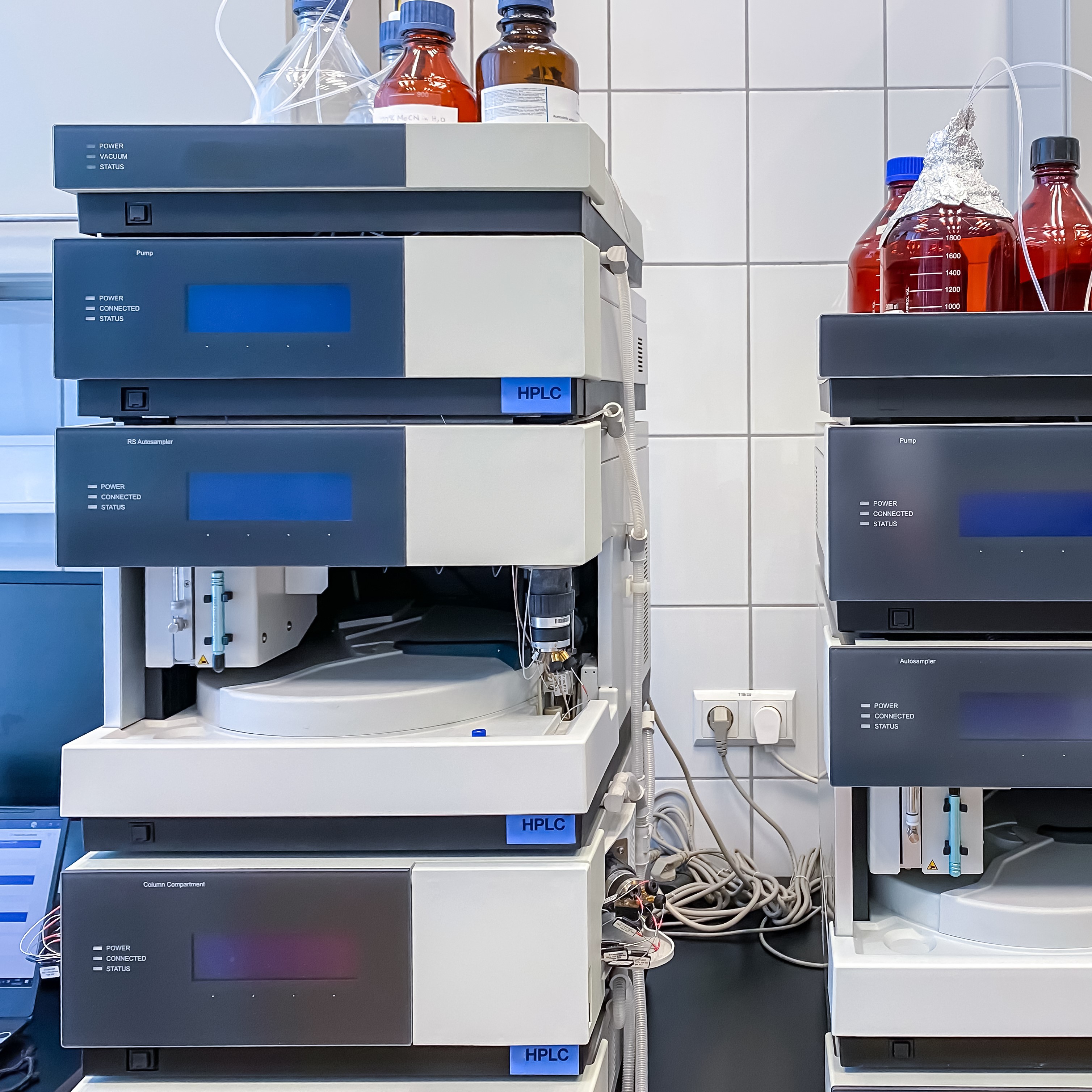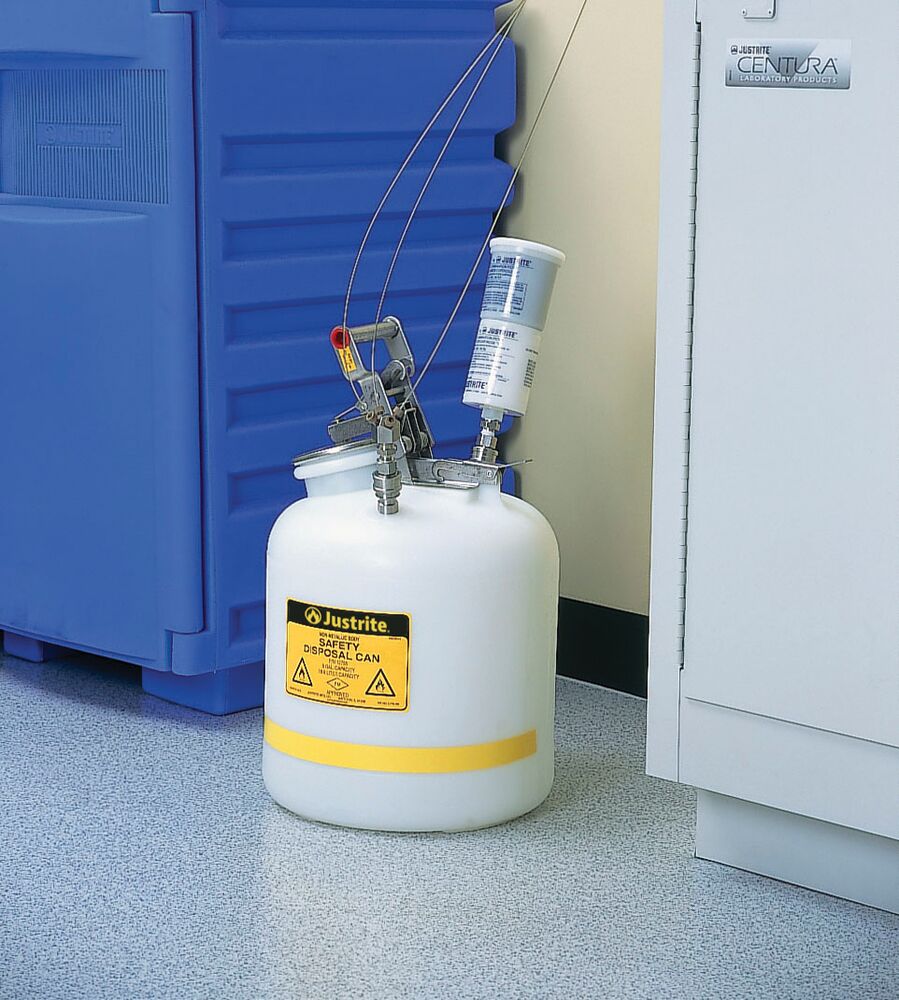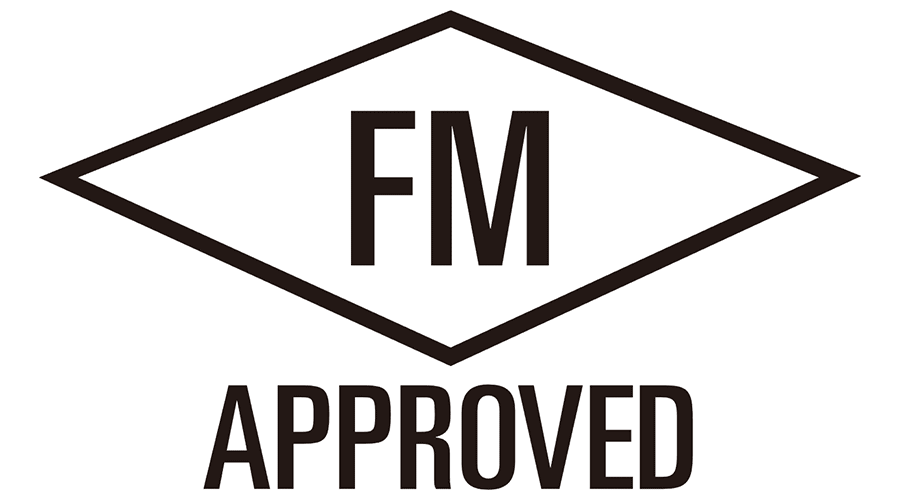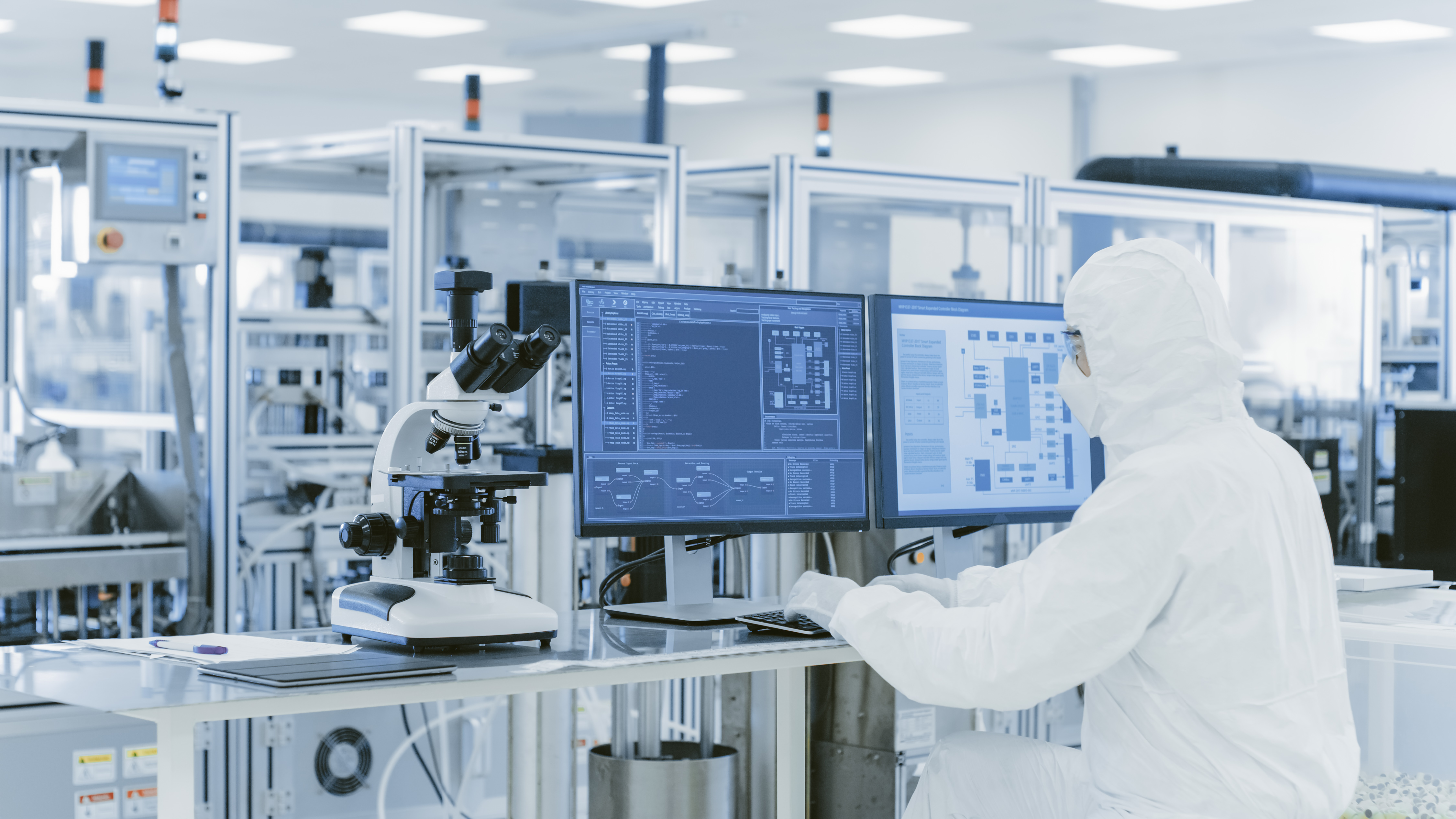Managing hazardous HPLC chemical waste in the lab industry
High-performance liquid chromatography (also known as high-pressure liquid chromatography) is a technique in analytical chemistry used to separate, identify, and quantify each component in a mixture. Laboratories use HPLC equipment across a wide spectrum of industries, including pharmaceutical, food and beverages, forensic and environmental applications.
This is a highly effective and common analytical technique, but how do laboratories manage the hazardous waste generated in the process?
HPLC chemical waste puts personnel and property at risk
A major concern in the lab industry is the proper care and disposal of hazardous waste, which in this case will be flammable liquids, and often volatile organic compounds. These will easily vaporize in the room and spread through the air. Additionally, samples injected for testing could cause health problems to laboratory personnel.
Hazardous waste regulations require hazardous waste disposal containers to be closed and safely sealed. But in reality, that’s not always the case. Some laboratories engage in dangerous waste collection practices, such as running waste lines into an open jug or solvent containers with no lid, or at most, aluminum foil stretched around the bottle’s neck opening to generate an improvised seal.
Improper collection and management of HPLC waste puts people and property at risk. In order to mitigate these safety concerns, laboratories need to adopt improved HPLC chemical waste disposal solutions to protect personnel and equipment.


HPLC certified containers keep lab personnel safe
The HPLC safety disposal can from Justrite actively receives waste from multiple HPLC machines. Each can has two quick-disconnect fittings (one intake and one vent) with valves that are automatically sealed when disconnected to prevent the release of vapors or liquids.
A coalescing carbon filter attached to the vent fitting collects harmful gases, protecting lab personnel from adverse health effects. The cartridge colour indicator beads change from purple to black when the filter needs to be replaced.
A PTFE manifold with compression fittings for intake collection accepts up to six waste lines to discharge into the can. Additionally, a stackable second manifold can connect to the first to enable a total of 12 HPLC waste lines to attach to a single safety disposal can.
HPLC safety disposal cans have a large pouring spout with a stainless-steel flame arrestor to prevent flashback ignition in the event of a fire. A spring-loaded lid provides pressure relief when necessary to prevent explosions. An easy-carrying handle with a fixed-position latch system keeps the lid open for easy and controlled pouring.
Justrite’s HPLC hazardous waste containers are the only FM approved HPLC cans on the market.
As a third-party testing and certification organization, FM Approvals evaluates products to ensure they meet the highest standards for safety and property loss prevention.

Industries that use HPLC equipment
Food & Beverage
From measuring sugar levels and vitamin presence to detecting substances that are toxic to the human body. HPLC equipment is used by scientists to enforce food and beverage safety laws, and protect consumers from harmful substances in their everyday life.
Pharmaceutical
Accurately labeling the components of each pill or product is essential to ensure safe usage of drugs. Personnel will look for impurities and rely on the high degree of accuracy of their HPLC equipment to confirm the composition of pills and other pharma products.
Forensic
HPLC equipment allows scientists to determine the compounds present in human bodily fluids and tissues, to eventually identify the cause of death, infection, and other possible organic poisons.
Environmental testing
Environmental testing relies on HPLC to test for pollutants in three primary categories: atmospheric, water, and soil. Concerns measured for using HPLC systems include arsenic, heavy metals, and residual pesticides.


Order your HPLC waste management systems today
HPLC creates flammable hazardous waste and volatile organic compounds (VOCs) that could easily escape from a non-certified container. Regular exposure to these vapors can cause desensitization to the smell, leading to serious health risks for the workers and liability risks for the laboratory.
Justrite supplies a wide variety of HPLC chemical waste management solutions carefully designed for the lab environment. Check out our HPLC range here.







